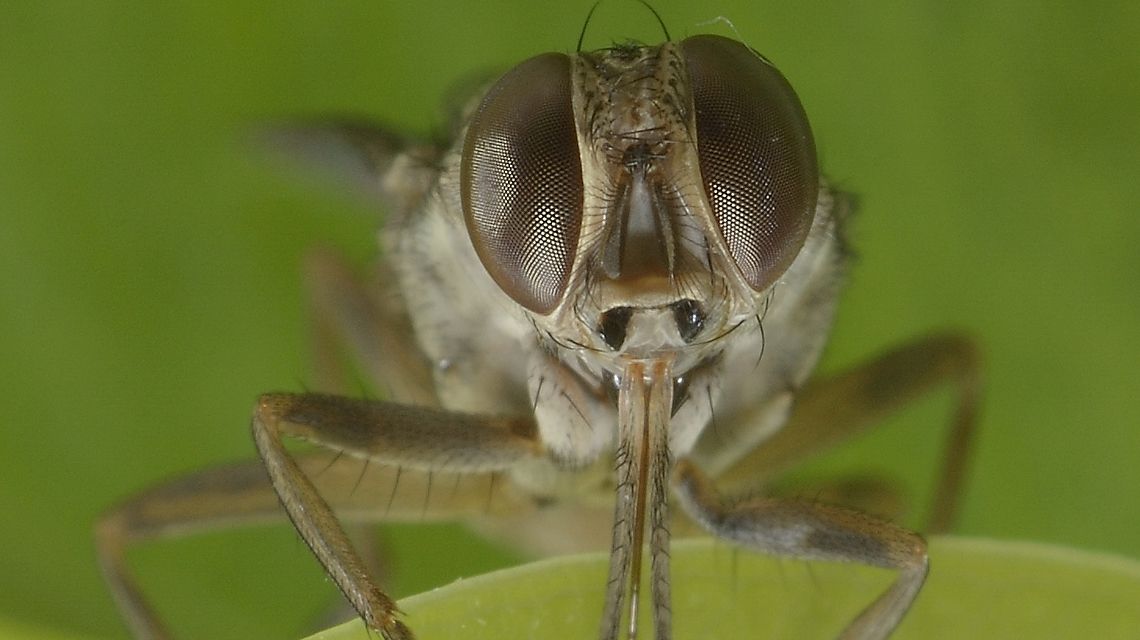THE government has moved to fight sleeping sickness which is mainly caused by tsetse flies under its neglected tropical diseases programme.
The programme is being run through a partnership between the World Health Organisation (WHO) and the ministry of Health.
In a statement on yesterday, the country’s national vector control officer, Sydney Danda, said prior to the programme, not much activity had been done in the country to deal with tsetse flies and sleeping sickness.
He said most sleeping sickness cases that were diagnosed outside Zimbabwe but were traced back mainly from tourists who would have visited game parks and other wildlife resorts in the country.
“Minimum activity was being done in terms of addressing sleeping sickness in the country. One of the key issues discovered was the low suspicion index, which is why we had to respond by developing standard case definition and surveillance,” said Danda.
He said WHO had partnered the Health ministry to address poor case detection and low recording of cases.
In the same statement, WHO focal person on neglected tropical diseases Anderson Chimusoro said the world health body was providing technical assistance to the country’s programme; including supply of medicines in hotspot districts as well the support of vector control activities.
According to WHO, tsetse flies cause Human African Trypanosomiasis (HAT), commonly referred to as sleeping sickness which is a vector borne disease transmitted to humans by tsetse flies which would have acquired their infections from human beings or animals.
While Zimbabwe has made strides in eliminating sleeping sickness, there has been an increase in new cases recently.
WHO Zimbabwe has attributed low case detection to lack of awareness among health workers in the country.




